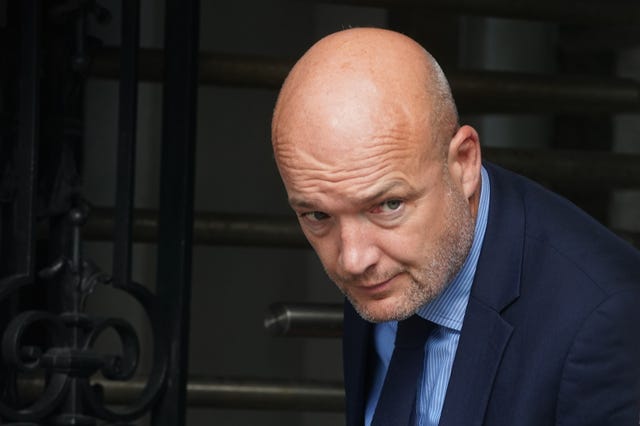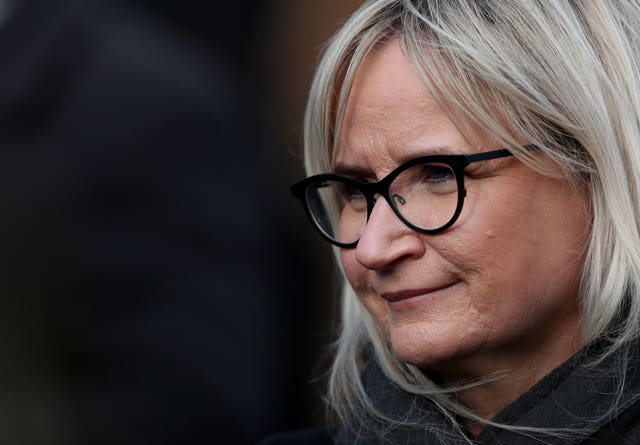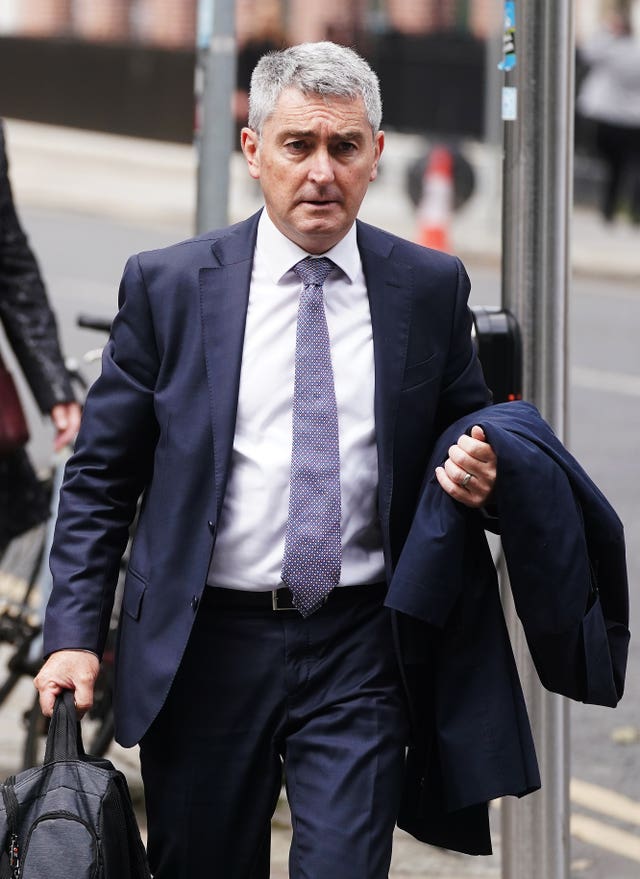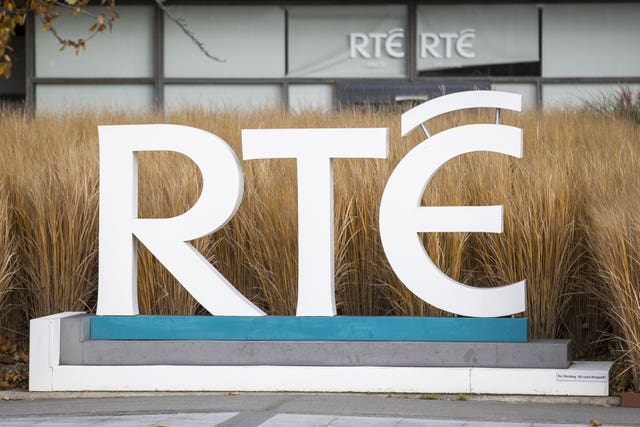Moya Doherty said Toy Show musical approved ‘by consensus’ without formal vote
RTE’s Toy Show The Musical recorded 2.2 million euros in losses.

Former RTE chairwoman and Riverdance founder Moya Doherty said an ill-fated musical which accrued millions of euros in losses for the national broadcaster was “green lit” by consensus, although other board members said approval was not given as no formal vote was taken.
The revelation comes after RTE made the decision to reveal the names of key figures involved in the project who had initially been granted anonymity in a major report into the controversy, following pressure for increased accountability.
The report was ordered after it was revealed Toy Show The Musical recorded a 2.2 million euro loss after a single season in 2022.
It was republished on Tuesday after 20 of those who were interviewed agreed to their names being included although the names of staff below executive level remain redacted.

The updated report shows that RTE’s then director of strategy Rory Coveney emailed a short-form business plan relating to the musical to two external consultants in March 2021 – which projected total revenues of above two million euros for each of the musical’s first three years.
After a further year’s development, members of the organisation’s executive met RTE producers and external consultants for a presentation on the musical in March 2022.
The presentation contained an initial projected break-even point of 80% ticket sales.
An external consultant, Julian Erskine, told the auditor that a more accepted average break-even norm would be 55% and that, even with the popularity of the Toy Show, a level about 70% would be unacceptable.
Mr Erskine, who has worked as a senior executive producer for Riverdance, said “there was no forensic interrogation of the figures” behind the Toy Show musical.
In the report, Mr Coveney accepts that Mr Erskine expressed concern about the break-even point throughout the process.
However, the author of the report said that the majority of the members of RTE’s board and executives were not aware of these industry norms.
Ms Doherty, who was chairwoman of the board at the time, told the author that she disagreed that there was a relevant industry norm.
Later that month, a “combo” meeting of select members of the executive and the board was convened to view a presentation on the musical.
It has been questioned why this meeting did not involve all members of the board and executive.
Mr Coveney, who was described in the report as the “driving force” behind the musical, said the attendees of this meeting were decided by Ms Doherty and an individual whose name remains redacted.
He said he told the unnamed individual the project should be brought to the board.
Mr Coveney added that Ms Doherty and the unnamed individual decided that the combo meeting “was the process they wanted to go through”.
The meeting was attended by the creators of the musical, outside consultants, some members of the board and executive – including then director-general Dee Forbes.
The author notes in both the original and updated report that the fact he was unable to speak to Ms Forbes due to medical reasons was a limitation on his work.
Several board members said the project was presented as a “fait accompli”.

Ms Doherty said those present reacted with enthusiasm and that all aspects of the project, including financials, were discussed.
She said: “I do not see how the attendees at that meeting would think their approval was necessary or why the Executive would seek their approval.
“In any event as far as I recall nobody at that meeting voiced any opposition to the project and as I recall all were in favour of it progressing.”
Mr Coveney said it was his understanding from an interaction with an individual who is not named in the report that the project was “green lit” after the combo meeting.
The minutes of a further board meeting in April state that members welcomed the musical following a report from the director-general.
However, the author states the overwhelming view of board members was that this was a briefing and no document was provided.
One board member, Susan Ahern, said there was no discussion of costs or request for approval at this meeting while PJ Mathews, also a board member, said there had not been explicit request for approval and as such it had not been given.
Ms Doherty accepted that board approval was required for projects with an operating expenditure of more than two million euros.
She also accepted that no formal vote was taken but said the project was approved by consensus.
“The practice at board meetings was to reach consensus if possible and if a consensus was reached no formal vote was taken,” Ms Doherty said.

Board member Robert Shortt said Ms Doherty “never made clear at any point” that implicit approval was assumed, adding that the board had not been asked to approve the musical.
However, the report states that board members Deborah Kelleher and Daire Hickey said that implicit approval had been given.
The minutes show board members were told that ticket sales were “good”.
Mr Coveney told the author: “I’m almost certain there was very little, if any, concern about the audience numbers.”
He added: “In terms of people’s views on the financials and the audience numbers, there was conspicuously little interrogation of them, if I’m honest.”
After concern was raised over poor ticket sales, Mr Erskine asked Mr Coveney if there would be any consideration given to pulling the show.
Mr Erskine said he never recommended pulling the show.
Mr Coveney felt RTE was reputationally “locked in” and costs had been largely committed.
He added: “I think it wouldn’t have been tenable to have pulled it”.

Additionally, the initial report found there was “no justification” for the way the broadcaster recorded 75,000 euros in advertising money.
It emerged that 75,000 euros was taken from TV advertising revenue and transferred into the musical account.
However, the updated report does not add any names into the section covering this decision.
RTE board members are due to appear before the media committee on Wednesday afternoon and “are happy to discuss” the Toy Show The Musical report.




